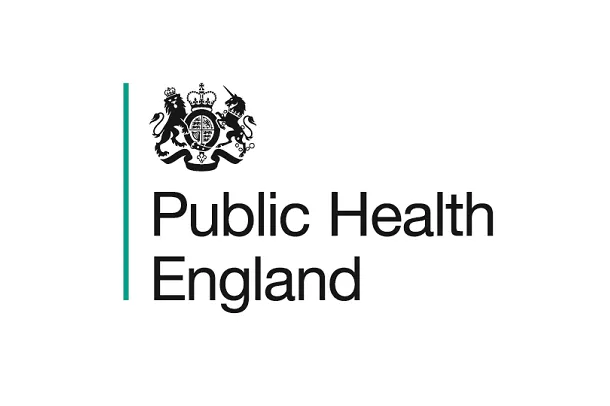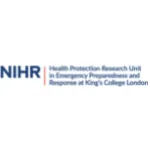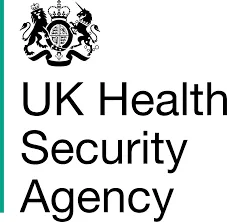The Simulation, Teamwork, and Education in the Health Sciences group brings together research expertise in health professions education, patient safety, simulation-based education, and teamwork analysis. Our goal is to explore the relationships between theoretical approaches to education and patient safety, the practical delivery of education to healthcare professionals, and the evaluation of educational impact on individuals and their organisations.





